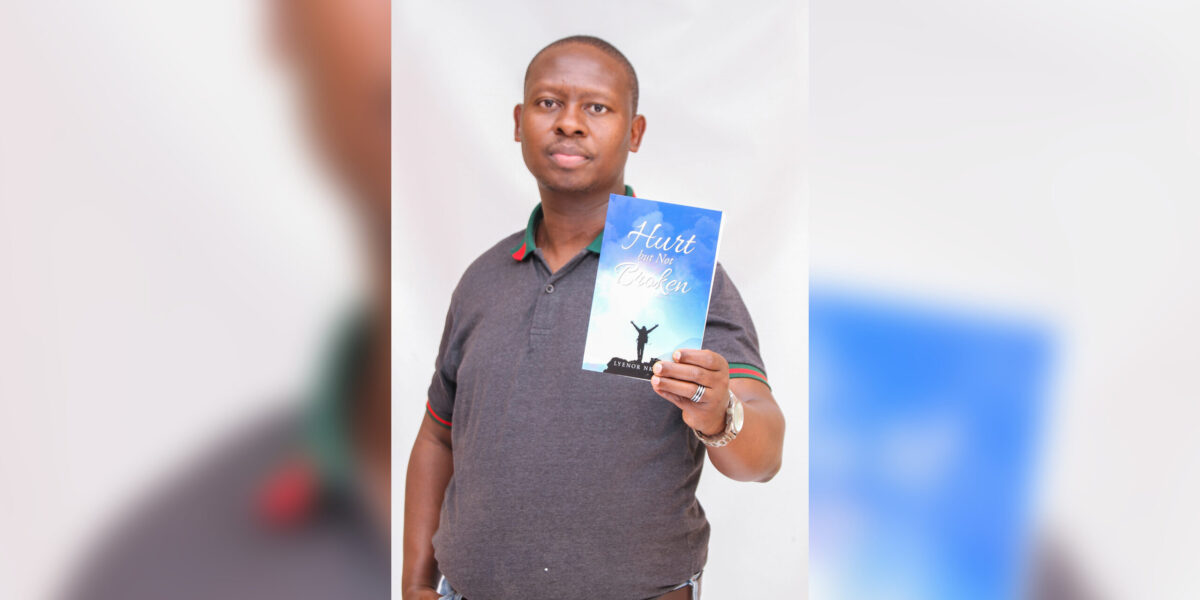In Lyenor Lionel Nkosi’s autobiography, Hurt But Not Broken, he describes how he broke from the prison of a desire for revenge to freedom in Jesus.
Lyenor Lionel Nkosi has a gift for writing and communicating truth. He does not sugarcoat reality, but presents the status quo with such clarity that wrongs are glaringly visible. Nkosi defines what it means to be an agent of change in action — a transformed person inviting others to be transformed.
After being tortured and left for dead because of his opposition to a corrupt government in Zimbabwe, Nkosi suffered many difficulties. He arrived in Botswana as a person who was hurt, but he did not dwell in the role of victim. Rather, he used his gifts to invite people to think about their lives and the choices that they make.
In Hurt But Not Broken, Nkosi reveals the heart of biblical faith, a retelling of the resurrection in our times. Jesus was raised with holes in his hands and a wound in his side; evidence that he was deeply hurt, yet not broken. The scars of inhumane treatment remained.
The gospel message of the resurrection proclaims that while God does not always shield us from pain and suffering, the injuries and hurt are not the final word. God’s healing removes the power that those scars hold over us. As Nkosi attests, God’s healing allows us to move forward as transformed people who choose life over death, love over defeat.








